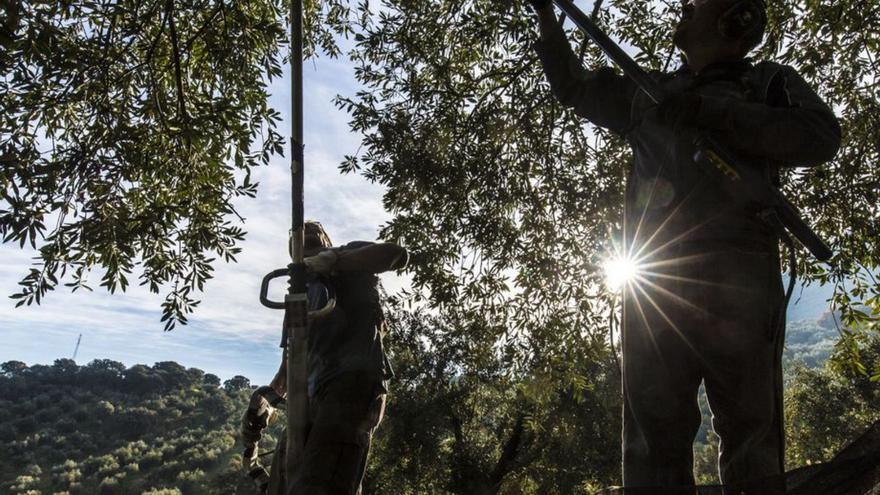
The organic farming has an area of 248,006 hectares in Cordovawhich places it at head of Andalusia according to the report on Organic Production in Spain published by the Ministry of Agriculture, Fisheries and Food, relating to 2022. This balance indicates that last year the autonomous community led organic production in the country with 1,345,805 hectares of surface, which represents the 47% of the total of those dedicated in Spain to this sector, with the olive grove and nuts as main assets.
Last year Spain allocated 2,843,612 hectares to organic farmingwhich is almost the 11% of the useful surface of the entire national territory.
On the other hand, the Andalusian region carried out 22,583 organic production activities of the 65,424 that were produced in Spain in 2022, distributed among 21,071 of primary production (agricultural, livestock, mixed and aquaculture), 983 of manufacturing or processing, 356 of marketing, 120 imports and 53 exports.
Regarding the surface, of the 1.3 million hectares, the vast majority in Andalusia are dedicated to permanent pastures (875,969 hectares), mainly permanent grasslands, followed by permanent crops (276,081), olive groves and nuts as references, and arable lands (193,754), mainly for grain and fallow production. By province, as mentioned, Córdoba dedicates a total of 248,006 hectares to organic farming, followed by Huelva with 237,200; Seville (206,315); Cadiz (201.330); Grenade (189,863); Jaen (127,600); Almeria (78,651) and Malaga, with 56,836 hectares. Regarding permanent crops, Granada leads the Andalusian classification with 76,483 hectares dedicated to this activity, being the main producer of organic nuts; followed by Almería with 43,659 hectares; Seville (42,502); Córdoba, with 41,742 hectares and leading in organic olive groves; and Huelva, with 29,718 hectares and leading the Andalusian production of cultivated berries.
Next are the provinces of Malaga, with 16,918; Jaén with 16,445 hectares; and Cádiz, with 8,609 hectares.
With respect to number of ecological livestock activitiesAndalusia carried out a total of 5,421 of the 9,393 that were carried out in Spain during the past year, which represents 58% of the country, mainly in cattle (2,817), followed by sheep (1,740), goats (477), equids (173), beekeeping (103), pigs (77) and poultry (34).
Huelva leads the number of organic livestock activities in 2022 with a total of 1,333, highlighting pigs, horses and beekeeping; followed by Córdoba with 1,229, which leads in sheep; Cádiz with 1,065 and a reference in cattle, and Seville with 636, standing out in poultry. Jaén follows with 620 ecological livestock activities, leading in goats, Granada with 293; Malaga with 178; and Almería with 67.
Finally, In 2022, Andalusia carried out a total of 3,353 industrial activities of organic production, of the 10,959 that were carried out in Spain last year, which represents 31%, of which 2,921 were related to plant production and 432 to animal production. Of these 3,353 activities, the province of Seville carried out 736, followed by Málaga (649), Granada (472), Almería (420), Córdoba (381), Cádiz (277), Jaén (223) and Huelva (195). h